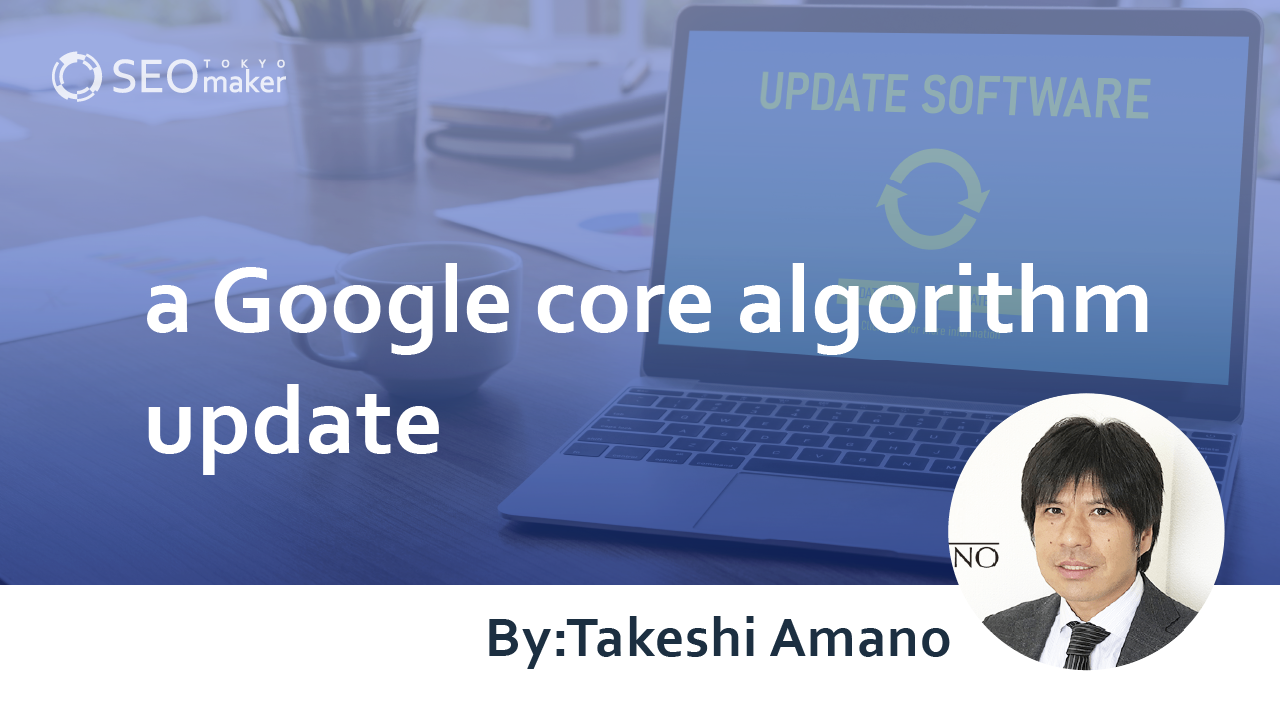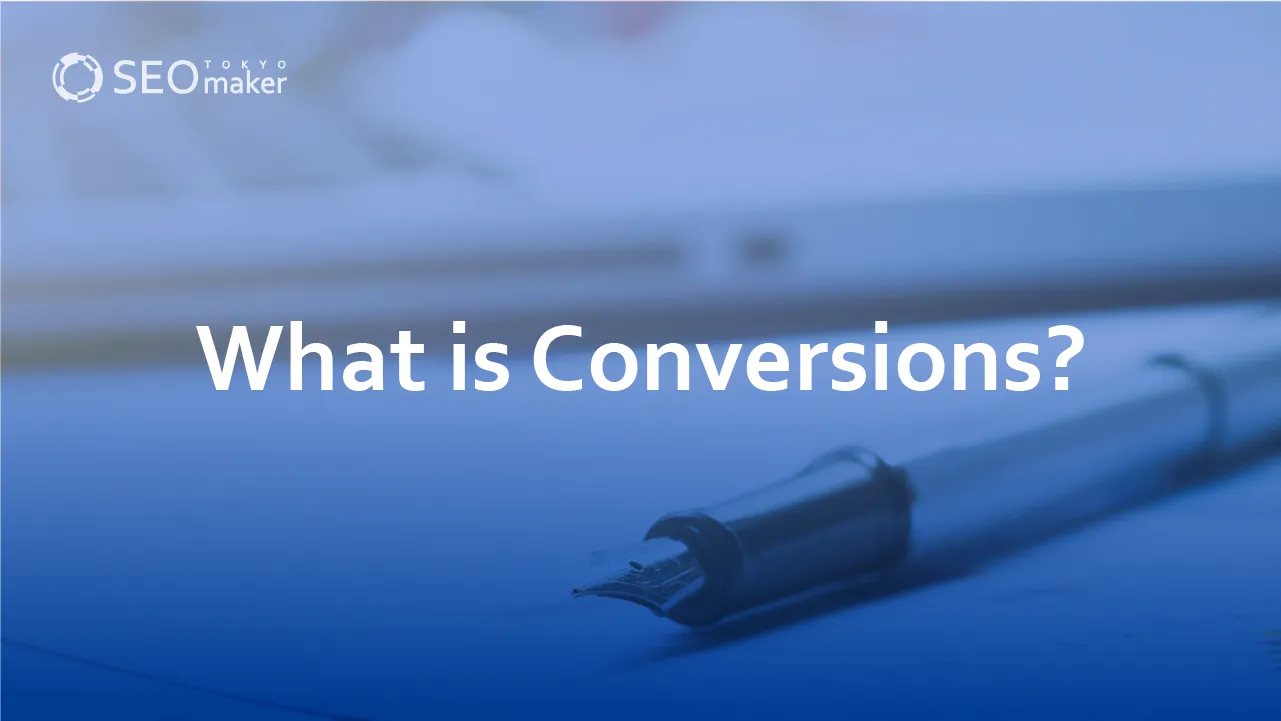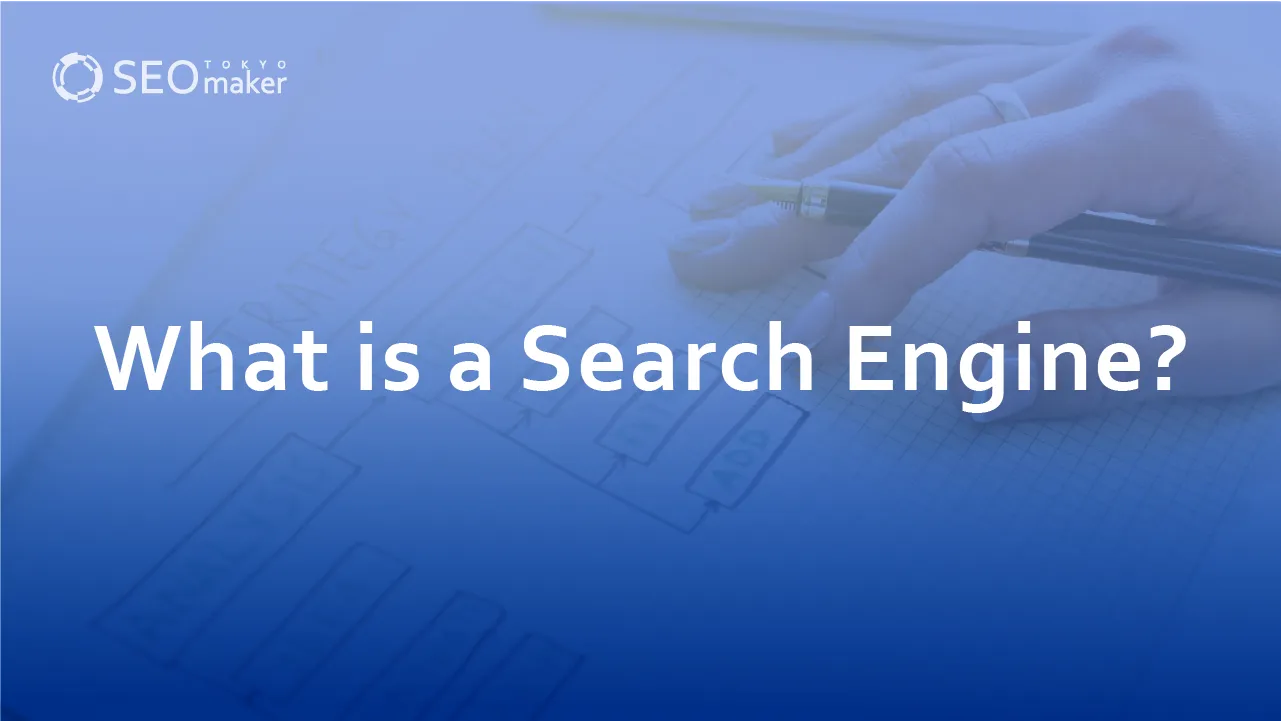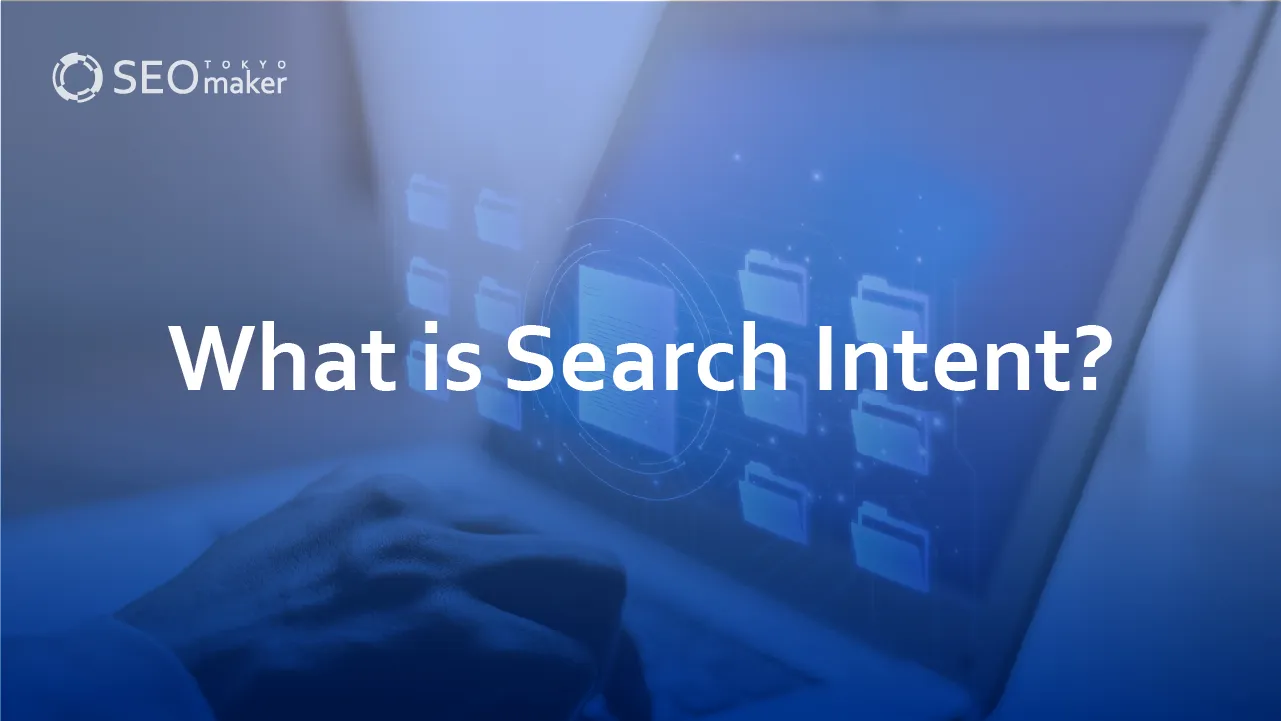November 3, 2023, a Google core algorithm update: Explanation of Summary and Measures
contents
- 1 Overview of the Core Algorithm Update
- 2 Major Updates Conducted in 2023
- 3 Impact of the November Core Algorithm Update on Search Results
- 4 Strategies for the November Core Algorithm Update
- 4.1 Content that Meets Search Intent
- 4.2 Understanding User Needs
- 4.3 Appropriate Keywords in Headings
- 4.4 Enhancing Article Credibility
- 4.5 Reviewing Existing Pages
- 4.6 Updating Data
- 4.7 Revising Structure
- 4.8 Adjusting Links
- 4.9 Enhancing EEAT
- 4.10 Clarifying Writers and Responsible Persons
- 4.11 Selecting Specialized Themes
- 4.12 Publishing an Editorial Policy
- 4.13 Acquiring Backlinks
- 4.14 Publishing Primary Information
- 4.15 Conducting Interviews
- 5 Frequently Asked Questions About the November 2023 Core Algorithm Update
- 6 Summary
 The Google core algorithm update was carried out on November 3, 2023.
The Google core algorithm update was carried out on November 3, 2023.
A Google core algorithm update refers to a significant update to the search algorithm conducted by Google. This update has resulted in substantial changes to the rules determining search results, affecting a wide range of websites.
In this article, we will focus on the update carried out on November 3, sharing analysis results and strategies. If your site’s search ranking has declined, it’s crucial to commence recovery efforts informed by the latest trends discussed here. Similarly, understanding the factors behind any ranking improvements is essential for future website management.
Overview of the Core Algorithm Update
The core algorithm update involves updating the central (core) part of the algorithm, typically occurring 2-4 times a year. The latest update started on November 2, 2023, in American time (November 3 in Japan time), marking the fourth update this year.
Google has named this update the “November 2023 core update.”
Core algorithm updates adjust the algorithm’s core components, leading to rank fluctuations across many websites. Indeed, from November 3 to 19, the fluctuation range has been notable.
Reference page: SEMRUSH
Major Updates Conducted in 2023
Rather than basing judgments on a single update, it’s more accurate to view changes from a mid-term perspective.
Thus, we review updates conducted up to November 2023. As shown in the table below, Google has implemented core algorithm updates in March, August, October, and November of 2023. The second half of the year, in particular, saw significant updates, including the helpful content update.
Dates Update
March 15, 2023 Core algorithm update
August 22 Core algorithm update
September 14 Helpful update
October 4 Spam update
October 5 Core algorithm update
November 2 Core algorithm update
Reference page: Google Search Status Dashboard
Impact of the November Core Algorithm Update on Search Results
Here, we briefly discuss the impact of the November 2023 core algorithm update on search results. However, note that there are many exceptions.
General Trends
Although there are many exceptions, the November core algorithm update appears to have strengthened the trends initiated by the October update.
Meaning, websites that improved their rankings in October tend to continue rising steadily in November. Conversely, those that declined in October are likely to drop further in November.
Websites that have historically ranked highly based solely on content power may find their rankings particularly vulnerable to this update.
Parasite Sites
A parasite site refers to a website that gains evaluation from search engines by borrowing a subdomain or subdirectory from a major site with high trust and evaluation.
Such websites, when aligned in theme with the host site, may not experience significant changes. However, if the genre is vastly different, they tend to drop in rankings.
Domain Power
Domain power quantifies the level of trust a website receives from search engines. This can be based on factors such as the age of the domain from long-term operation of a website or the quality and quantity of backlinks.
Strong domain power tends to be highly valued during core algorithm updates in October and November.
EEAT and Entity
EEAT stands for Experience, Expertise, Authoritativeness, and Trust, four elements that serve as Google’s axis of evaluation for websites. High EEAT scores tend to receive high evaluations in updates.
Additionally, a match in entities tends to favorably influence search result rankings. An entity match means matching titles, past events, addresses, genders, ages, and areas of expertise.
Such matches allow search engines to understand a company or individual more accurately.
Strategies for the November Core Algorithm Update
Here we discuss strategies for sites that have dropped in rankings due to the November core algorithm update. However, the strategies aren’t entirely new; continuing to focus on key areas is important.
If your website lacks certain elements or has known but unaddressed issues, prioritize addressing these areas.
Content that Meets Search Intent
The October and November core algorithm updates have placed a heavier emphasis on domain evaluation rather than content. However, “content that meets search intent” remains crucial.
Ultimately, Google’s updates aim to fulfill user needs.
Instead of being swayed by each update, fundamentally aim to “provide content that meets search intent.” Key points include
Understanding User Needs
Search intent always has a user’s purpose behind it. Create articles to fulfill that intent. For example, for the query “university costs,” users likely want to know about the overall costs involved, so you should thoroughly explain this information.
Appropriate Keywords in Headings
Headings summarize what the article or sections are about in a few words. Thus, include appropriate keywords in headings to help users find the information they seek quickly.
Enhancing Article Credibility
Even if content is detailed, users will feel uneasy if the information is unreliable. Whenever conveying information, try to provide concrete examples or data as much as possible.
Reference page: What is Search Intent? The Importance of Search Intent in SEO! From How to Research to How to Use.
Reviewing Existing Pages
If your site has seen an increase in unindexed pages from the second half of the year or significant rank drops in October and November, start by reviewing existing pages. While adding new pages may be tempting, a proliferation of low-quality pages could be lowering your site’s overall evaluation.
Specifically, optimize keywords, update titles, strengthen internal links, and improve content quality. Updating outdated information and adding visual elements are also crucial. Key points for rewriting include
Updating Data
Update any outdated information with the latest data, research, and trends to provide content that meets current needs.
Revising Structure
Re-read your articles from the top and consider if user needs could be met earlier, optimizing the structure accordingly. While increasing information is important, equally prioritize meeting search intents as early as possible.
Adjusting Links
Check if external links are broken. Over time, linked pages may have been deleted. Appropriately incorporating internal links is also vital for enhancing user convenience.
Reference Page: Explaining Rewriting Methods and Procedures to Achieve SEO Effects
Enhancing EEAT
Continue to enhance EEAT as usual. Google uses the appropriateness of a content creator’s expertise, authoritativeness, and real-world experience as criteria for trustworthiness. Therefore, it’s crucial for website operators to strengthen these elements.
This is not a new aspect starting with the current core algorithm update, but continue to strengthen this area. Specific measures you can take include:
Clarifying Writers and Responsible Persons
Specify the company name, writers, and supervisors. If possible, prepare dedicated profile pages.
Selecting Specialized Themes
Operate your website on specific, narrowed-down themes rather than packing various content in a haphazard manner. It’s preferable to have a clear central theme.
Publishing an Editorial Policy
Create a dedicated page to communicate how you operate your website and post content. Publishing such a policy is effective in enhancing trustworthiness.
Reference Page: Explaining the Importance of “Authority” in SEO! Discussing YMYL and EEAT
Acquiring Backlinks
Acquiring backlinks is very important as a measure against core algorithm updates. A backlink is a link from another website to your own. Websites that receive many links from other sites are recognized by search engines as having credibility and authority.
However, links from irrelevant genres or from low-quality websites will have little effect. It’s necessary to obtain links from websites in the same genre that are also highly evaluated by search engines.
Publishing Primary Information
Primary information refers to unique data or research published by your company. Publishing such information increases the likelihood of other websites linking to yours.
Conducting Interviews
Consider posting interview articles on your website. While the interviews themselves are valuable, the subjects of those interviews may also link back to your site.
Releasing Useful Tools
If you have developed useful tools, consider making them available for free to acquire backlinks.
Reference Page: What Are Backlinks? Introduction and Acquisition Techniques
Frequently Asked Questions About the November 2023 Core Algorithm Update
Q: What is the purpose of updating the algorithm?
A: The purpose of all updates, including the core algorithm update, is to improve search results. Google aims to have its search engine used by more users, and thus, it strives to display the most optimal search results.
Q: How can I increase backlinks?
A: Acquiring backlinks is important for core algorithm update measures. The basic method for acquiring backlinks is to create high-quality and beneficial content.
Additionally, creating content that is easy for other websites to cite is also key. For example, publishing the results of unique research or data can be effective.
Q: How long does a core algorithm update last?
A: Typically, it lasts around 14 days. However, it can end in a few days or continue for a longer period. Major updates are often announced officially, so it’s wise to pay attention to those announcements.
Q: When is the next update?
A: It’s difficult to predict the schedule for core algorithm updates. Therefore, rather than being overly sensitive to updates, continue to focus on creating quality content and enhancing EEAT.
Summary
This article has provided the latest information on Google’s regularly conducted core algorithm updates. Core algorithm updates can affect many websites. If your search ranking drops, use this article as a guide to identify improvements and steadily progress with the work. If your results improve after an update, it signifies that your efforts have been rewarded. Analyze what factors contributed to the improvement in search ranking from the success cases and use this analysis for future strategies. Continuously following SEO trends and flexibly incorporating them into your site is essential. We hope this article has been helpful.









![What is a Description? Explaining the Meaning, Writing Style, and Changing Word Count – [2023 Edition]](https://www.switchitmaker2.com/en/wp-content/uploads/2024/09/what-is-description.webp)










